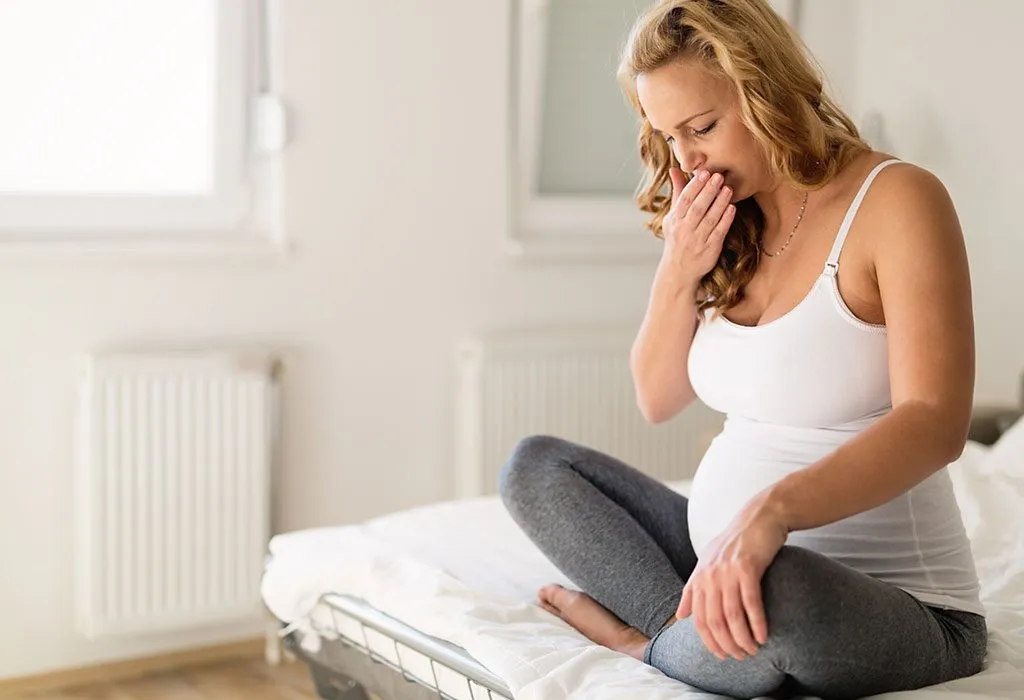Experiencing food poisoning during pregnancy can be a distressing situation. As an expectant mother, it’s important to take precautions and know how to handle food poisoning to ensure the well-being of both you and your baby. This article provides valuable insights and practical tips to help you navigate through this challenging time.
- Identify the Symptoms: The first step in handling food poisoning during pregnancy is to recognize its symptoms. Common signs include nausea, vomiting, diarrhea, abdominal pain, and fever. If you experience any of these symptoms, it is crucial to seek medical attention promptly. Inform your healthcare provider about your condition, as they will be able to provide the appropriate guidance and support.
- Stay Hydrated: One of the primary concerns during food poisoning is dehydration. Frequent vomiting and diarrhea can lead to fluid loss, putting both you and your baby at risk. To stay adequately hydrated, sip on clear fluids like water, electrolyte solutions, and herbal teas. Aim to drink small amounts of fluids frequently throughout the day.
- Modify Your Diet: During food poisoning, it is essential to provide your body with nourishing foods that are easy to digest. Stick to a bland diet consisting of foods like bananas, rice, applesauce, toast (BRAT), boiled potatoes, and steamed vegetables. Avoid spicy, greasy, and heavily seasoned foods, as they can worsen your symptoms. Incorporate small, frequent meals to ease digestion and ensure a steady intake of nutrients.
- Prioritize Rest and Relaxation: Allow your body to recuperate by prioritizing rest and relaxation. Stress and exhaustion can hinder the healing process. Take time off from your regular activities and focus on self-care. Get plenty of sleep, practice deep breathing exercises, and engage in activities that promote calmness and well-being. By taking care of yourself, you’ll enhance your body’s ability to recover and safeguard your baby’s health.
- Communicate with Your Healthcare Provider: Always keep your healthcare provider informed about your condition. They can offer guidance on managing food poisoning during pregnancy and provide any necessary medical interventions. Depending on the severity of your symptoms, they may recommend over-the-counter medications or prescribe specific treatments to alleviate discomfort and prevent complications. Regular check-ins with your healthcare provider will ensure that both you and your baby are receiving the appropriate care and monitoring.
Food poisoning during pregnancy can be challenging, but with proper care and attention, you can navigate through it successfully. By recognizing the symptoms, staying hydrated, modifying your diet, prioritizing rest, and maintaining open communication with your healthcare provider, you can effectively manage food poisoning and ensure a healthy pregnancy journey.


One thought on “How to Handle food poisoning During Pregnancy”